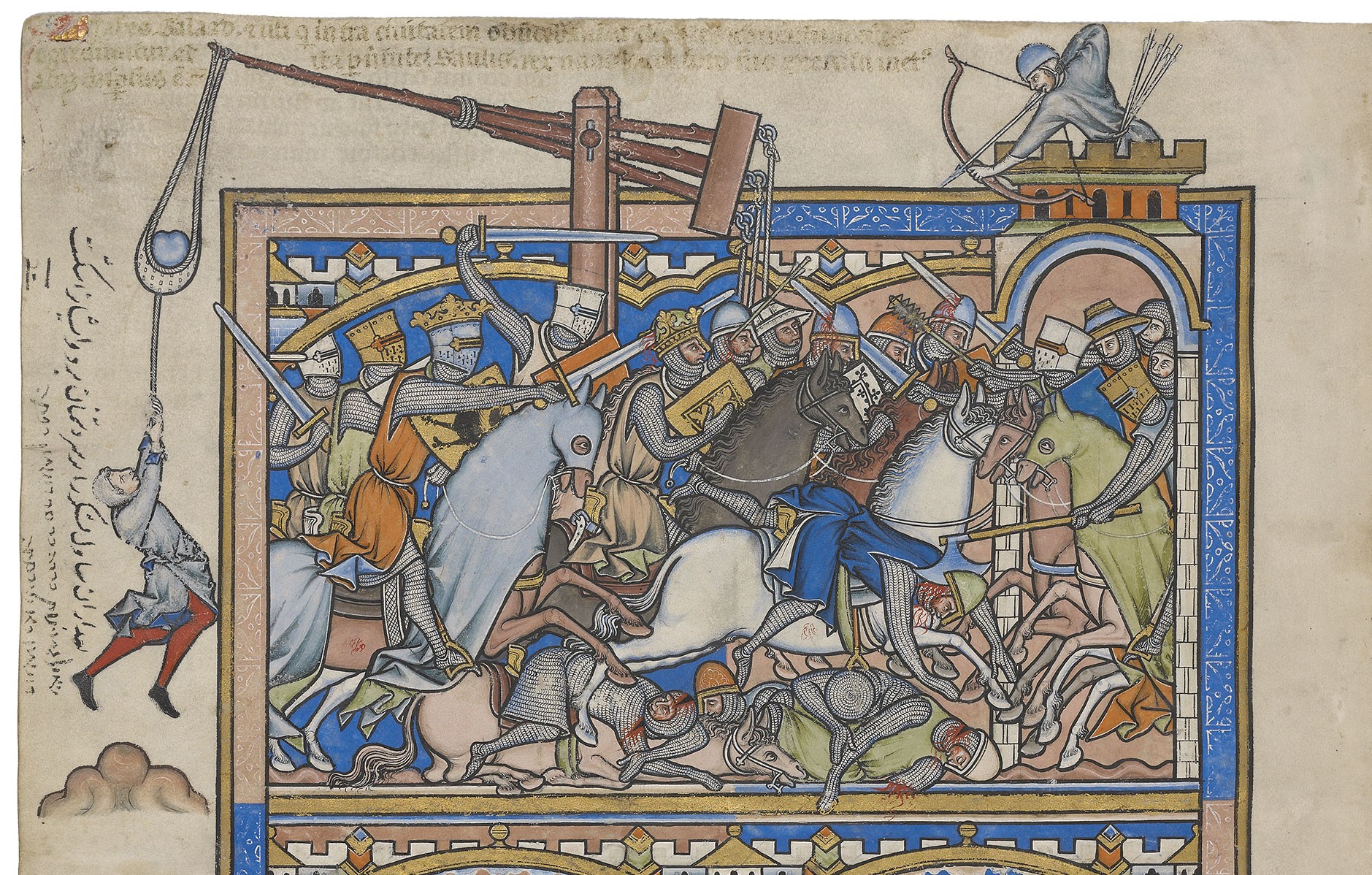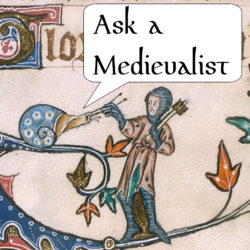Synopsis
Let’s talk about the Waldensians, the Lollards, and some revolting peasants.
Wait. Oh well–Anyway, we talk a lot about how the Pope gave all the Franciscans’ stuff back to them and forced them to own stuff, some Shakespeare, and a lot of heresies.
Notes
1/ RI Moore, The Formation of a Persecuting Society: Authority and Deviance in Western Europe, 950–1250. Wiley-Blackwell, 2007 (2nd ed). https://www.amazon.com/Formation-Persecuting-Society-Authority-Deviance/dp/1405129646
2/ Waldensians: not related to either Walden pond or Where’s Waldo. [Unfortunately! Where’s the Waldensian would be a very different book. 🙂 –Jesse]
3/ Michelangelo got paid 3,000 ducats in 1512, which is apparently about $78,000 in today’s money.
4/ The Shoes of the Fisherman: https://en.wikipedia.org/wiki/The_Shoes_of_the_Fisherman In the film he sells the Church’s stuff to help avert nuclear war. [Good film!–Jesse]
5/ For more on St Francis, see previous episodes: most of them.
6/ Vernacular translations of scripture: please recall the scene in The Hunchback of Notre Dame wherein the archdeacon, looking at a printed book and at the cathedral, notes, “Ceci tuera cela” (this will kill that).
7/ According to Wikipedia, in 1975 the Waldensian church (then known as the Waldensian Evangelical Church) merged with the Methodists to form the Union of Methodist and Waldensian Churches. Unclear how many Waldensians remain, but there seem to be biggish groups in Italy, Germany, the US, and Uruguay.
8/ Joachim of Fiore (c.1135–1202) https://en.wikipedia.org/wiki/Joachim_of_Fiore
9/ Pope John XXII issued the papal bull “Cum inter nonnullos” in 1323. The bull states that the doctrine of the absolute poverty of Christ and the apostles is heretical(!). So, instead of “You can’t own nothing” you actually do have to own things. https://www.franciscan-archive.org/bullarium/qinn-e.html
10/ Pope Nicholas III issues the papal bull “Exiit qui seminat” in 1279, confirming the Rule of the Franciscans. This would seem to allow apostolic poverty, but as we see from John XXII’s bull above, the debate wasn’t over. https://www.papalencyclicals.net/nichol03/exiit-e.htm
11/ The Vatican returning all the Franciscans’ stuff sounds weirdly like they’re breaking up. (It does! Weirdly, all their stuff was returned in order NOT to break up.–Jesse]
12/ For more on transubstantiation see episode 3 note 8, and for more on the festival of Corpus Christi, see all of episode 6 (and also notes 4 and 14).
13/ John Wycliffe (c. 1330–1384): leader of the Lollards or Wycliffites. We mentioned Wycliff in episode 7 note 24. https://en.wikipedia.org/wiki/John_Wycliffe
14/ John of Gaunt shows up in Richard II.
15/ The book was The Saragossa Manuscript by Jan Potocki.
16/ The Peasants’ Revolt (1381).
https://www.youtube.com/watch?v=h0iAcQVIokg
17/ John Ball (c1338–1381) https://en.wikipedia.org/wiki/John_Ball_(priest) We mentioned him in episode 36 note 6.
18/ Nicholas Watson, “Censorship and Cultural Change in Late-Medieval England: Vernacular Theology, the Oxford Translation Debate, and Arundel’s Constitutions of 1409,” Speculum, 70 (1995), 822–6.
Thomas Arundel (1353–1414) https://en.wikipedia.org/wiki/Thomas_Arundel
19/ Margery Kemp was in episode 6 note 29, episode 7 note 23, episode 8 note 4, episode 9 note 3, and episode 36 note 17. (Wow, we talked about her a lot.)
20/ Sir John Oldcastle was a real knight and some small part of the inspiration for Falstaff. Originally, Shakespeare seems to have called the character Sir John Oldcastle, as seen in 1 Henry IV I.ii.38 where Hal calls Falstaff “my old lad of the castle.” Apparently someone (a descendent of Oldcastle? Someone warning Shakespeare about critiquing martyrs?) complained/suggested, and Shakespeare changed the name. Falstaff appears in 1 Henry IV, 2 Henry IV, The Merry Wives of Windsor, and Henry V (offstage). Interestingly, Sir John Fastolf was also a real person.
Oldcastle Revolt: https://en.wikipedia.org/wiki/Oldcastle_Revolt
21/ Wycliffe Jean: if you were born significantly after 1983, click here and listen.
Podcast: Play in new window | Download

